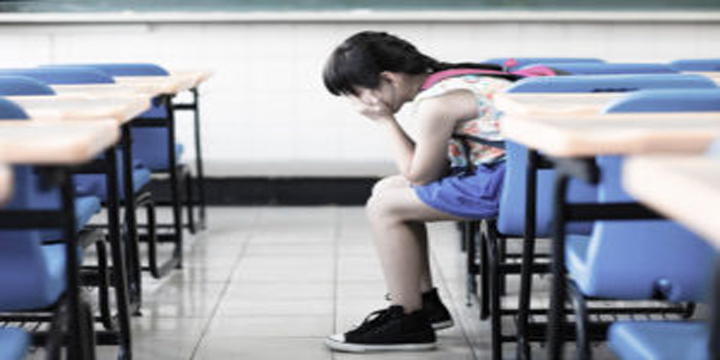Are you afraid of standing in front of a crowd and performing? You are not alone. Many people suffer from performance anxiety commonly known as ”stage fright”. Not only ordinary people but also celebrities, athletes, politicians even public speakers suffer from an unknown fear before facing the public. There are several ways to handle this anxiety which would help one improve performance anxiety.
What is performance anxiety?
It is an unease mixed with fear and apprehension of social humiliation. The student or the performer feels his confidence ebbing before the performance starts and a strong sense of escape makes the person puzzled and de-focused from the assignment. The most common form of performance anxiety we can find in school. Exam nerves, worry or fear of failure are normal even for the most talented student.
Performance anxiety is manifested in different ways like, crying, throwing tantrums and tummy aches before going to school, or in the class room, on stage, before a concerts, on the sports field or even in an examination hall. Racing pulse and rapid breathing, dry mouth and tight throat, trembling hands and knees, sense of chocking, cold sweat, nausea, unknown anger and ultimately change of perception are common symptoms of performance anxiety.
The worst perhaps is when the person becomes aware of one’s physical and mental unease just before one is has to face the crowd. This anxiety restricts one’s ability to enjoy one’s work and so the quality of work also suffers. Performance anxiety, affects the person’s self esteem and confidence in a negative way.
Why it happens?
It is a complex interplay between three factors.
- Strong need of social recognition and achievement.
- Lack of practice and confidence.
- Over analysis and too much of self criticism.
How to deal with poor academic performance among children?
Confronting one’s fears and vulnerabilities, accepting oneself the way one is and not pressurising oneself to be the best every moment –these are the key strategies to overcome performance anxiety. Keep in mind that nobody is perfect; nobody expects one to be perfect and its okay to make mistakes. The core thought is-“I will enjoy whatever I say and do on stage and that’s it”. Stop imposing such pressure words like “I have to”, “I must” and “I need to” Just concentrate on – “I want to and I will”.
Negative thoughts should always be justified with one’s strong believe in one self.
Ways parents and teachers can help the children to overcome academic performance anxiety
Parents can guide and assist their children on following fields:
- Adopt a positive mental attitude.
- Encourage interaction with direct communication.
- Change and organize both your daily routine.
- Improve your reading, writing and memory.
- Find out your child’s individual learning and speaking style.
- Eat sensible.
- Shift your focus from self assessment and direct it towards enjoyment of work.
- Clear all your doubts at the stage of preparation.
- Laugh when you can and that will help you relax.
- Make yourself look good because if you look good, you feel good.
Preparation, practice and performance- these three steps to cover with all the above stated points.
The role of a parent and a teacher is enormous in a child’s life, Specially when they need you but they cannot express that clearly. When helping a child to overcome his stage fright, guide him with all the strategies from the very beginning, not at the last moment.
Don’t s for the parents and teachers
- Don’t be over anxious about his performance.
- Don’t criticize him without showing him the right way.
- Stop unfair comparisons.
- Avoid predicting their failure and leaving them alone.
Do social media play a role in the development of performance anxiety among children?
Social media of today is a family member. Gadgets are friends, media is the voice and social platform is the stage.
So, it has a deep rooted impact on our mental setup specially on your child’s psyche. Every material thing in this world has its positive and negative effect on us and social media is not an exception. On one hand it is one’s interaction platform with people known and unknown, knowledge base, opinion forum and many more and on the other hand it’s a forum for unfair comparison, fertile ground for show off, easy eye catcher of fake fame. Here one can confuse his selfie from his self. So, social media is playing an active role to create performance anxiety in children and at the same time it is helping one to handle pressure.
If you need further help or advice, give us a call. TriBeCa Care is happy to be by your side. Request a callback or Call us at + 913366064208.
Email us at enquiry@newwpsite.tribecacare.com

